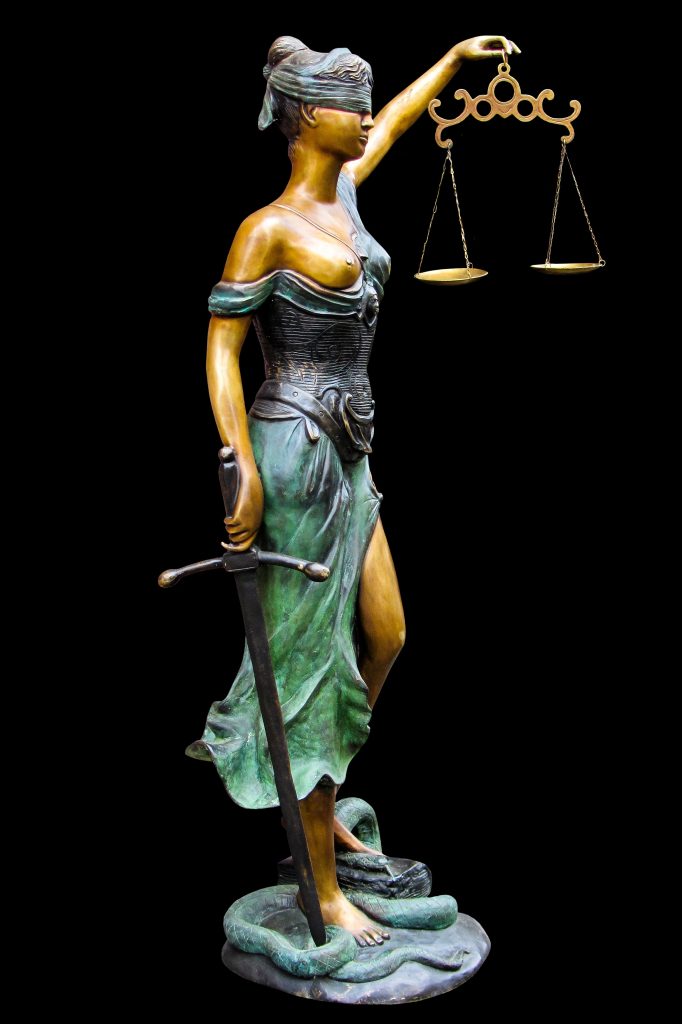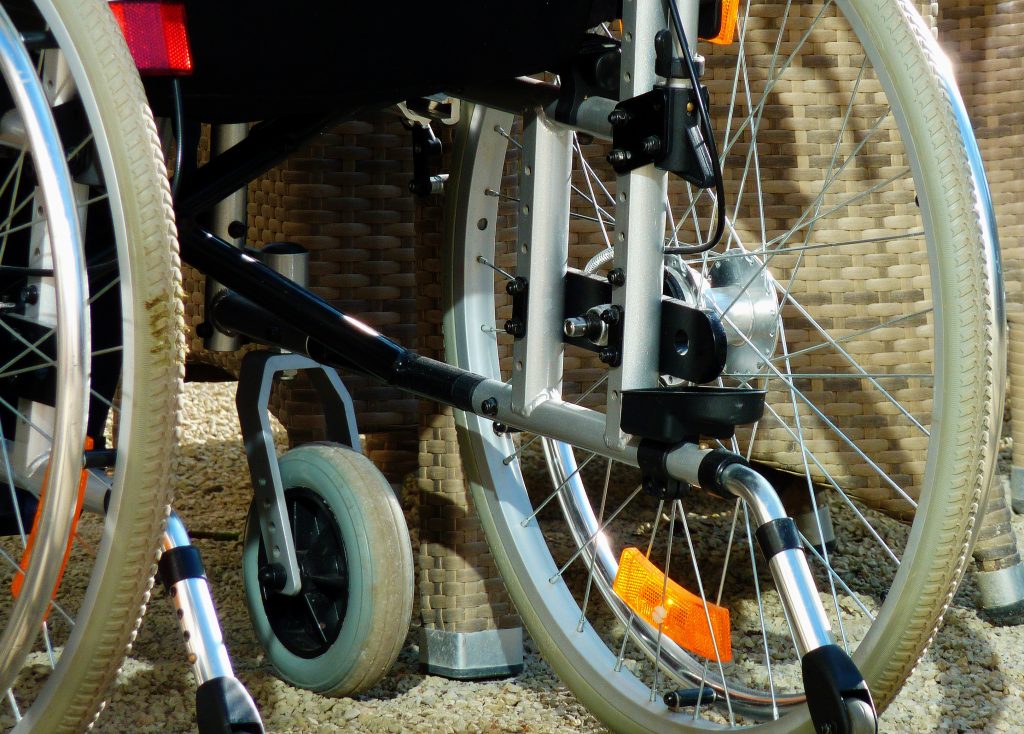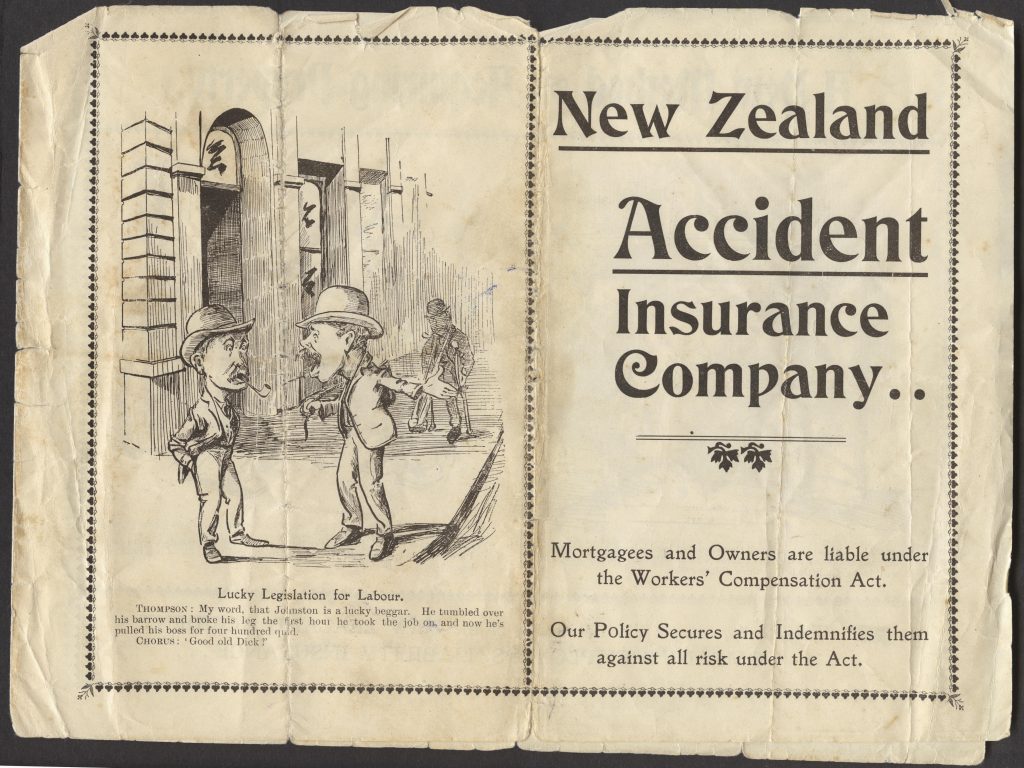 Losing a loved one is an unimaginable tragedy, and while financial compensation cannot fill the void left by their absence, it can provide support during challenging times. The following case involves the tragic situation of parents whose seaman son died. Although the deceased seaman’s father tried to recover damages from his son’s death, he ultimately proved unsuccessful.
Losing a loved one is an unimaginable tragedy, and while financial compensation cannot fill the void left by their absence, it can provide support during challenging times. The following case involves the tragic situation of parents whose seaman son died. Although the deceased seaman’s father tried to recover damages from his son’s death, he ultimately proved unsuccessful.
James Swafford was killed while aboard the M/V Pintail on the Mississippi River. The ship’s owner, Magnolia Fleet, and its operator, River Construction, Inc., filed a lawsuit. All claimants against Magnolia Fleet and River Construction were settled and dismissed except those of Swafford’s father.
Swafford’s father claimed Magnolia Fleet and River Construction were liable for negligence under the Jones Act and unseaworthiness under general maritime law. Swafford’s father wanted to recover damages based on his son’s alleged pain and suffering before his death, loss of future earnings, loss of consortium, and other punitive and monetary damages.
 Louisiana Personal Injury Lawyer Blog
Louisiana Personal Injury Lawyer Blog


 Everyone learns a lot of life lessons during high school. Sometimes these lessons are learned the hard way and result from the consequences of inappropriate behavior. This is even more the case today, where images can be quickly posted online for the public to see. In this case, a high school cheerleader found herself in an unfortunate situation after posting an inappropriate picture of herself online.
Everyone learns a lot of life lessons during high school. Sometimes these lessons are learned the hard way and result from the consequences of inappropriate behavior. This is even more the case today, where images can be quickly posted online for the public to see. In this case, a high school cheerleader found herself in an unfortunate situation after posting an inappropriate picture of herself online.  When renting an apartment, tenants expect a safe and secure living environment. However, what happens when an accident occurs due to negligence by the apartment owner and management company? If a leaky roof in your apartment injures you, can you make a claim for your injuries? The following lawsuit answers that question.
When renting an apartment, tenants expect a safe and secure living environment. However, what happens when an accident occurs due to negligence by the apartment owner and management company? If a leaky roof in your apartment injures you, can you make a claim for your injuries? The following lawsuit answers that question.  Medical emergencies call for swift and professional response from emergency medical personnel. However, what happens when a patient sustains additional injuries during transit due to unforeseen circumstances? The following case highlights the complexities of dealing with immunity laws for government employees and emphasizes the importance of seeking legal counsel to navigate statutory requirements and potential exceptions when considering legal action in such situations.
Medical emergencies call for swift and professional response from emergency medical personnel. However, what happens when a patient sustains additional injuries during transit due to unforeseen circumstances? The following case highlights the complexities of dealing with immunity laws for government employees and emphasizes the importance of seeking legal counsel to navigate statutory requirements and potential exceptions when considering legal action in such situations. Working in a courthouse may seem like an environment where the rule of law reigns supreme, but even within its hallowed halls, employees can encounter workplace issues and retaliation. In the following case, a Louisiana State Judge became embroiled in a dispute involving a law clerk’s alleged illegal and unethical behavior. As a result of this disagreement and the actions taken by her colleagues, the Judge claimed she suffered unfair treatment, false accusations, and the violation of her constitutional rights. A lawsuit was filed under 42 U.S.C. § 1983, alleging retaliation for exercising her First Amendment right to freedom of speech. However, the courts were tasked with determining whether her claims truly amounted to violating her constitutional rights or merely involving unfriendly conduct.
Working in a courthouse may seem like an environment where the rule of law reigns supreme, but even within its hallowed halls, employees can encounter workplace issues and retaliation. In the following case, a Louisiana State Judge became embroiled in a dispute involving a law clerk’s alleged illegal and unethical behavior. As a result of this disagreement and the actions taken by her colleagues, the Judge claimed she suffered unfair treatment, false accusations, and the violation of her constitutional rights. A lawsuit was filed under 42 U.S.C. § 1983, alleging retaliation for exercising her First Amendment right to freedom of speech. However, the courts were tasked with determining whether her claims truly amounted to violating her constitutional rights or merely involving unfriendly conduct. Many of us provide support to elderly folks in our lives through our time and money. We expect the utmost attention and respect when we send a loved one to a care facility. Sometimes accidents happen, whether by negligence or by accident, that result in injury to patients. Regardless of the cause of injury, a lawsuit can help hold medical professionals responsible for the type of care they provide. The difference between a tort and a medical malpractice claim for nursing home injuries is examined in the following case.
Many of us provide support to elderly folks in our lives through our time and money. We expect the utmost attention and respect when we send a loved one to a care facility. Sometimes accidents happen, whether by negligence or by accident, that result in injury to patients. Regardless of the cause of injury, a lawsuit can help hold medical professionals responsible for the type of care they provide. The difference between a tort and a medical malpractice claim for nursing home injuries is examined in the following case.  People often assume that pedestrians always have the right of way. While this adage is partially true, pedestrians who avoid proper safety protocols can be found more at fault for an injury than the car that struck them. If avoiding physical trauma is not motivation enough to look both ways before crossing the street, the following lawsuit may encourage you to take proactive steps to avoid being hit.
People often assume that pedestrians always have the right of way. While this adage is partially true, pedestrians who avoid proper safety protocols can be found more at fault for an injury than the car that struck them. If avoiding physical trauma is not motivation enough to look both ways before crossing the street, the following lawsuit may encourage you to take proactive steps to avoid being hit. Can a trial court’s approval of a settlement agreement in a property contamination lawsuit be upheld without determining remediation requirements and the deposit of funds into the court registry? This question lies at the heart of the following case, which features an appeal of the trial court’s judgment approving a settlement agreement regarding property contamination caused by historic oil and gas operations. The appeal raises issues of statutory interpretation and whether the trial court erred in its application of the law. The resolution of this question has significant implications for the approval process of settlement agreements in similar cases governed by
Can a trial court’s approval of a settlement agreement in a property contamination lawsuit be upheld without determining remediation requirements and the deposit of funds into the court registry? This question lies at the heart of the following case, which features an appeal of the trial court’s judgment approving a settlement agreement regarding property contamination caused by historic oil and gas operations. The appeal raises issues of statutory interpretation and whether the trial court erred in its application of the law. The resolution of this question has significant implications for the approval process of settlement agreements in similar cases governed by  Vicarious liability in the context of work-related accidents is a complex legal issue that necessitates careful analysis of the state’s code. The case of Sarah Barber serves as a compelling example of the potential consequences when a government employee causes an accident while performing their job duties. Understanding the nuances of vicarious liability and the specific provisions governing such cases is essential to determine the employer’s liability for the actions of their employees.
Vicarious liability in the context of work-related accidents is a complex legal issue that necessitates careful analysis of the state’s code. The case of Sarah Barber serves as a compelling example of the potential consequences when a government employee causes an accident while performing their job duties. Understanding the nuances of vicarious liability and the specific provisions governing such cases is essential to determine the employer’s liability for the actions of their employees. When it comes to medical malpractice, time can be both a friend and a foe. Trusting doctors to safeguard the well-being of our loved ones makes the process of bringing a lawsuit challenging and emotionally charged. Yet, within the legal field, there exist specific time frames and procedural intricacies that can make or break a case. Once the clock runs out on a particular timeframe, a lawsuit is deemed barred, leaving individuals without recourse. In the midst of this intricate dance between justice and time, the story of Rita Foster and her family shines a light on the importance of understanding legal procedures and seeking qualified legal representation.
When it comes to medical malpractice, time can be both a friend and a foe. Trusting doctors to safeguard the well-being of our loved ones makes the process of bringing a lawsuit challenging and emotionally charged. Yet, within the legal field, there exist specific time frames and procedural intricacies that can make or break a case. Once the clock runs out on a particular timeframe, a lawsuit is deemed barred, leaving individuals without recourse. In the midst of this intricate dance between justice and time, the story of Rita Foster and her family shines a light on the importance of understanding legal procedures and seeking qualified legal representation.